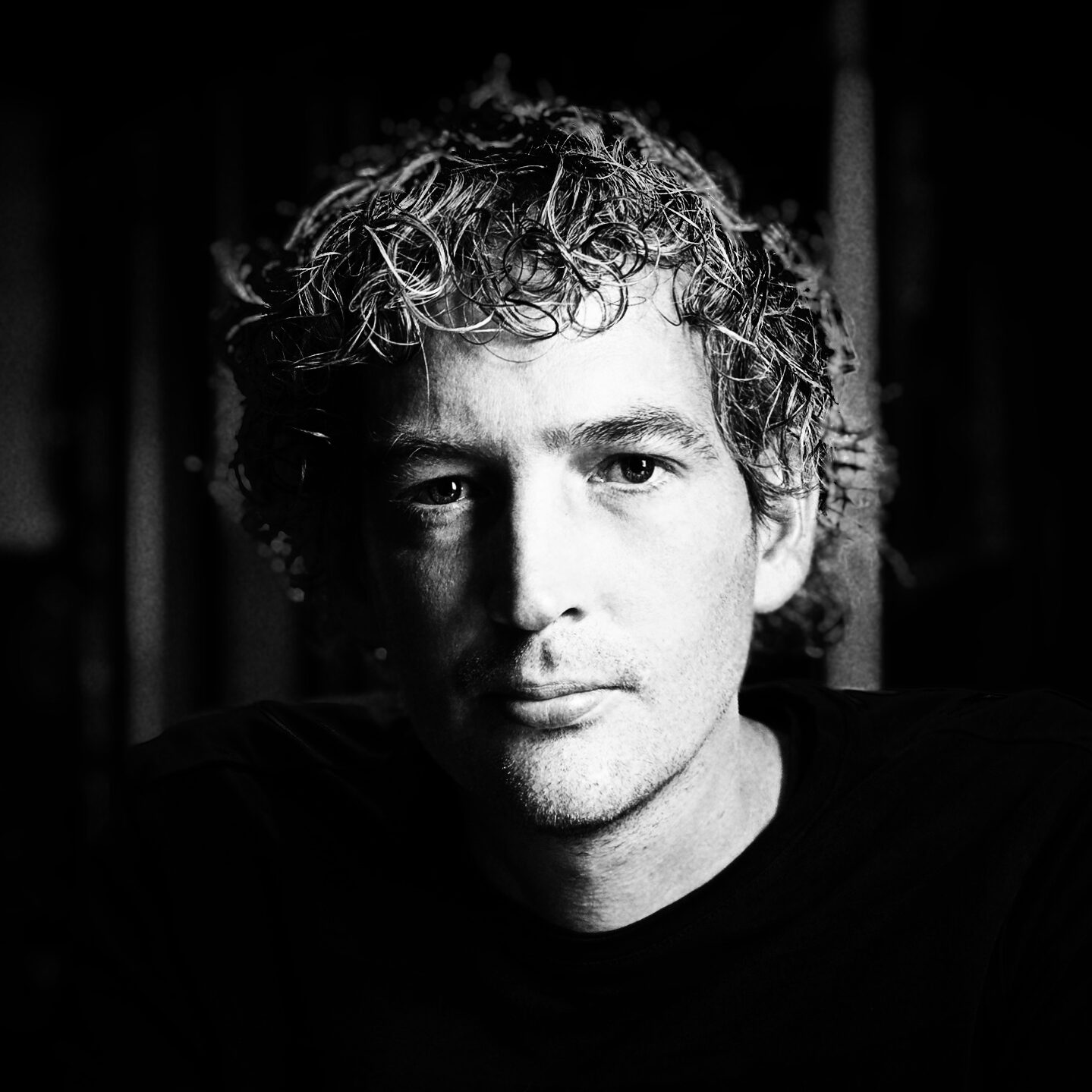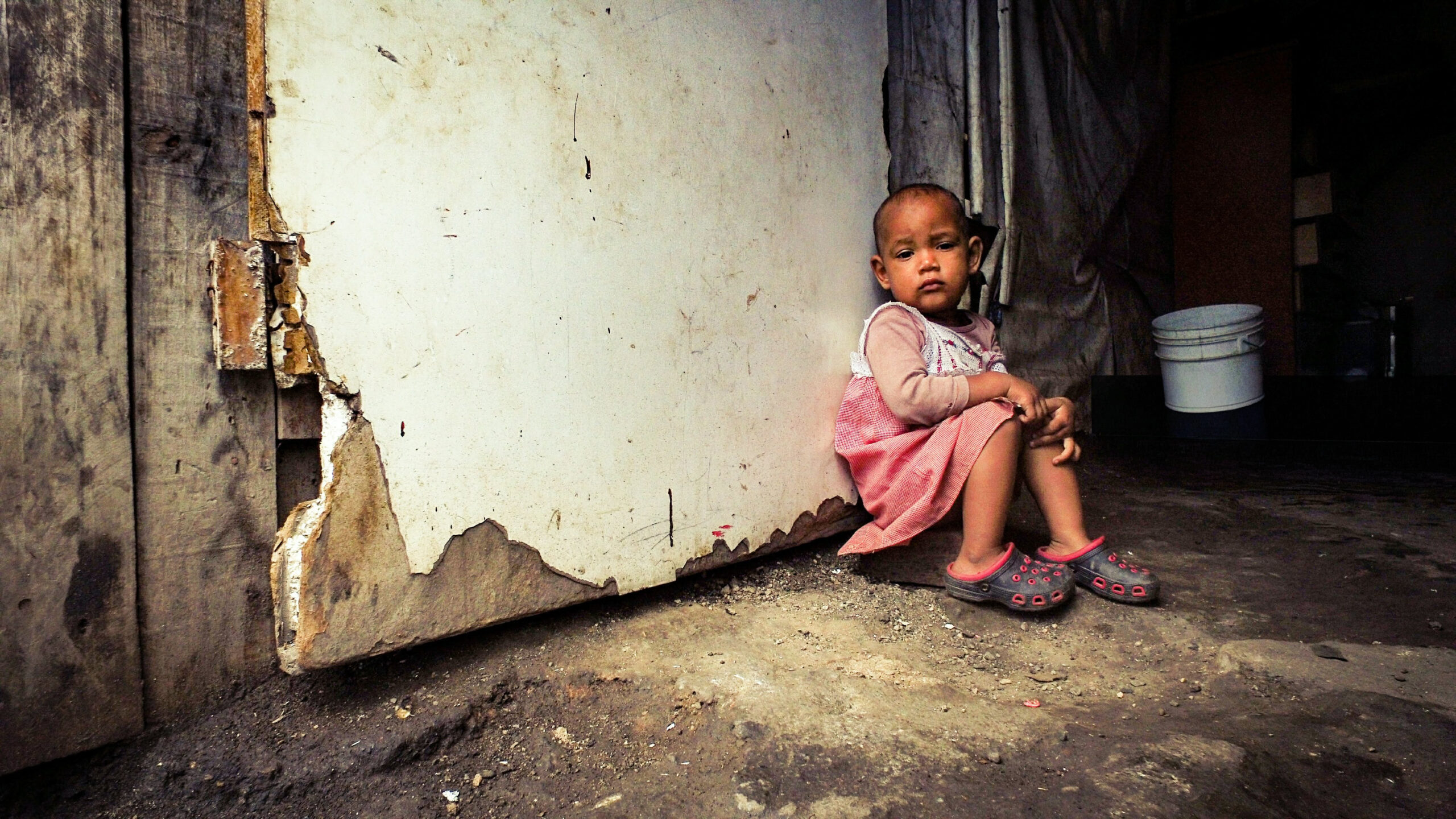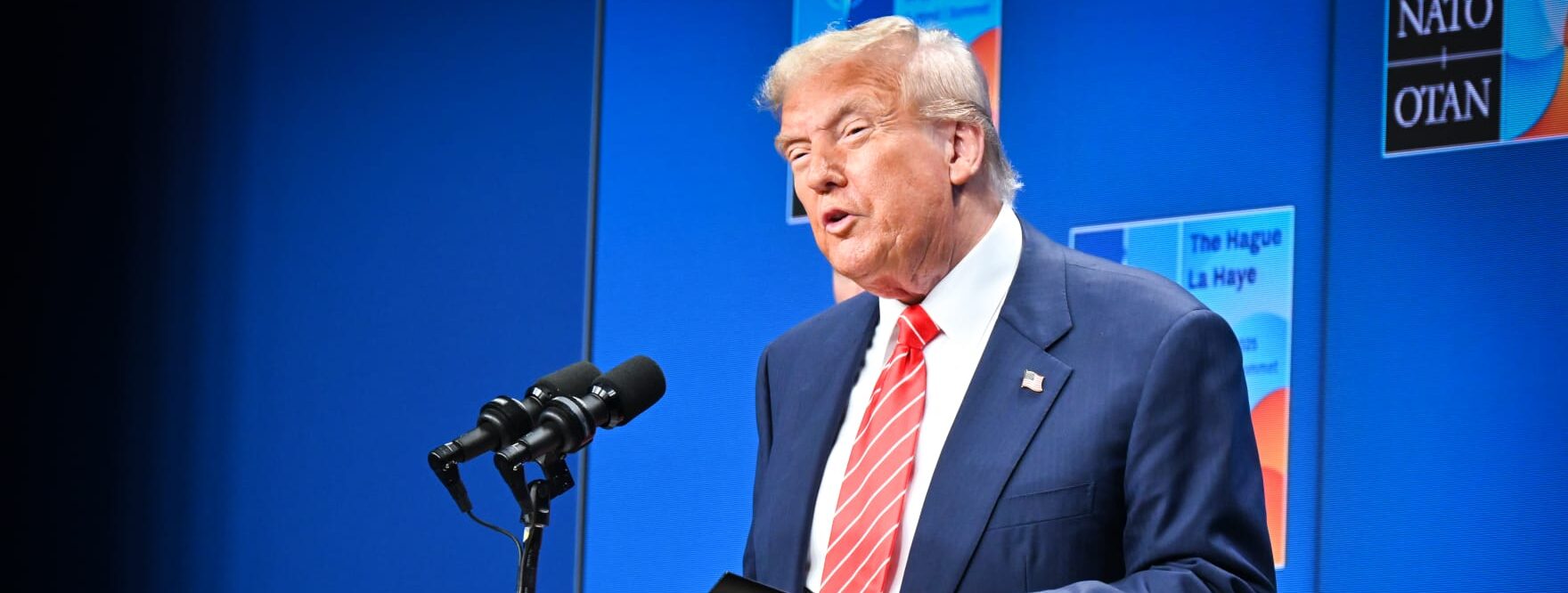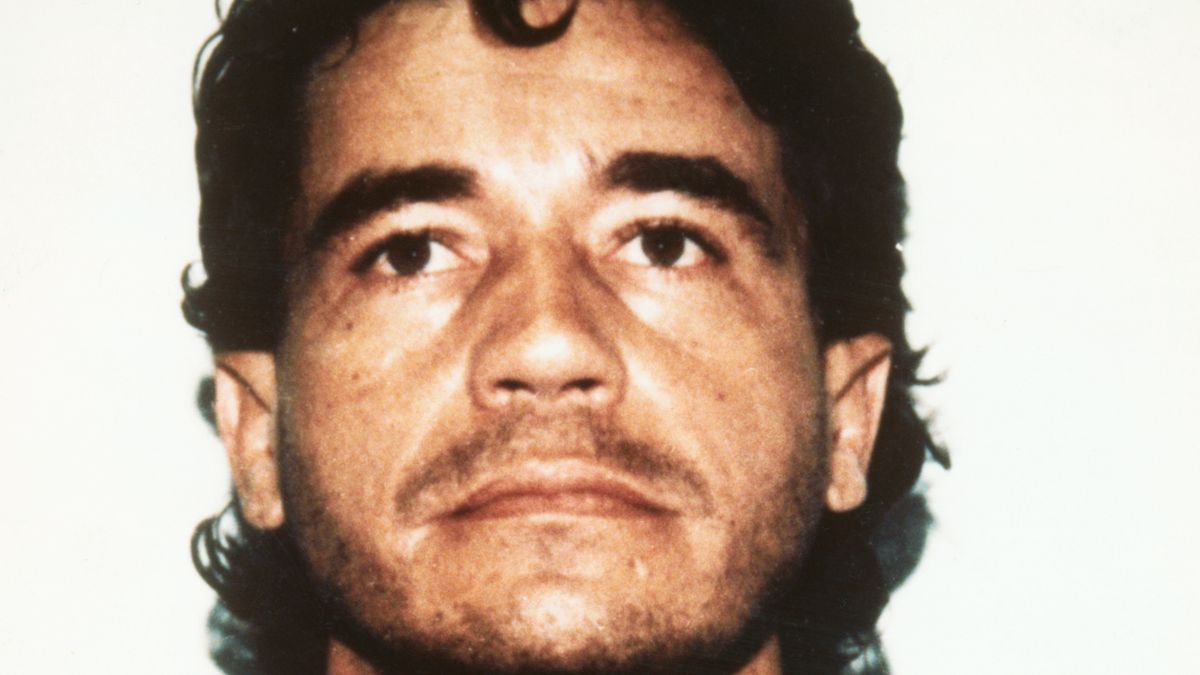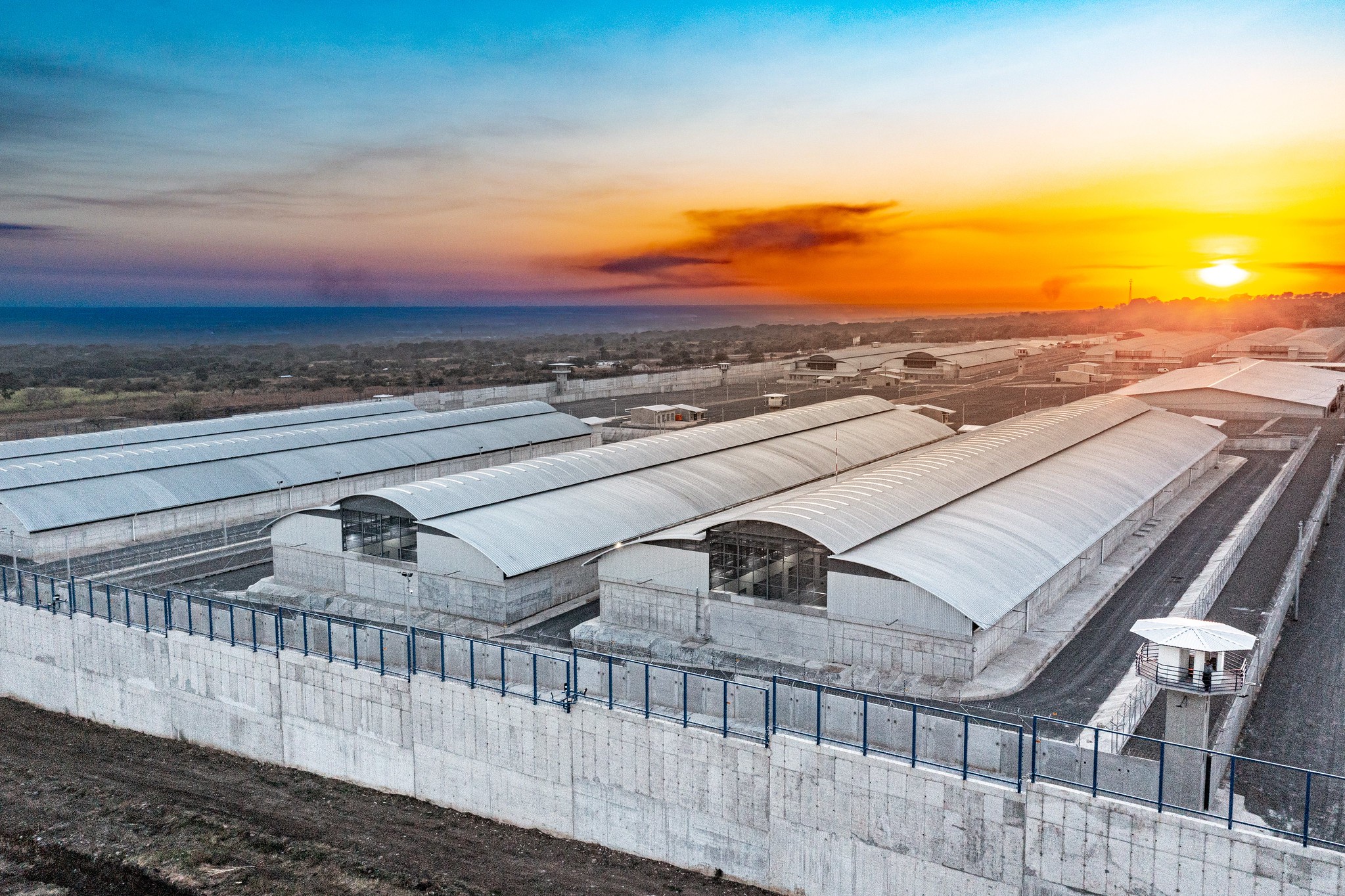To begin with. I am aware that I have the choice to do what I do. I see it as a privilege. In many countries, people don't have a choice. I could have done something else. I also know that I don't exactly have the greatest resume right now. Those who know me a little know that I have a big backpack.
And from a homeless situation a few years ago, I'm trying to find my niche. That said; so like many freelancers, I am trying to find a place in journalism. It's a conscious decision not to review movies or write about the latest soccer games.
We unfortunately live in a world where not everyone has equal opportunities. A world where innocents become victims of oppression, corruption or a war they did not ask for.
Let me say up front that I didn't start doing what I do to get rich. I place little value on material things, but I do want to be able to pay my rent at the end of the month. I take the risk of working in crisis areas, and of course no media house is obliged to take anything from me. But I do worry about journalism.
In recent years, mergers and budget cuts have changed a lot. Permanent staff were replaced by freelancers and social media and citizen journalism have gained an important role in newsgathering. The (foreign) correspondents who are still permanently employed are given an increasingly larger area to cover, sometimes even one person for an entire continent.
One liners and populist articles win out over in-depth research, and the delusion of the day seems to have become an object of suffering. An attack no longer has news value and wars that continue seem forgotten.
It is sometimes frustrating and despondent to walk around somewhere where people are literally dying of starvation or lack of medicine, and to look around me at a world that seems blind.
A substantiated article about 25,000 murders in a country like Venezuela I can't get rid of on the street, but let me voluntarily lock myself in the country's most notorious prison, that scores.
Before a trip, of course, I try to get letters of intent; this is difficult, sometimes because I don't know what I'm writing until I'm somewhere, but mostly because no commitments can be made in advance.
I pay for what I do mostly out of pocket, up front, and then have to gamble that the misery I come across is hip enough to sell. Sometimes I try to raise some money through crowdfunding. A trip to a crisis area is not free. Besides costs of lodging, tickets, sometimes some food, a major investment is safety (yes, I'm not tired of life, and my mother likes to see me return home safely).
And then comes the time when an editor responds to your pitch, or picks something up from you. Regularly a request if you can briefly do a live report on a current situation. For free. But fortunately also paid assignments. Then the negotiations begin, well, you don't really have much of a bargaining power as a freelancer. A radio interview earns me between €45 and €145, an article of 1600 words with photos max €350 and for an inside report of 6 pages I can be happy with €900.
Once I sell something then come the payment deadlines. With luck I get an invoice paid within a month, but more often I have to wait three months or more for it to finally reach my account.
I always try to live as frugally as possible when on the road. Cheapest airfare, public transportation whenever possible, lodging instead of hotels, you name it. But it's not free. I also don't travel with a large team (outside of my possible security), often alone. Camera, audio recorder and notebook in the bag, as having to be able to deliver all forms of content is a requirement.
More and more in recent years I get the feeling that the news is not coming from the field, but more from the delusion of an editorial board and the news feeds of agencies like the ANP and Reuters. Fast news rules. As an example. Take the clearing of the refugee camp in the Jungle. Been there several times, and was there several days before the announced evacuation. A day beforehand a current affairs program called that they might need my help the next day, A similar request from a radio station. On the day itself I saw that they had sent a reporter of their own, there was no way to cancel the call. Radio was still possible, but there was no budget. 400 journalists stormed into the clearing. Broadcast cars were driven in, no expense spared. The first asylum seeker was pulled in front of the camera a few minutes after arrival and not much later the media circus left again. And with that, the viewer at home had to make do.
I feel the Netherlands is lagging behind in journalism. More and more newspapers are coming under large media groups. We do not have a 24-hour (TV) channel.
And then there is trust in journalism. A combination of populism, black-and-white thinking and general distrust is blurring news value. We no longer seem to care about content, but instead argue about titles.
Well, that had to come out. Purpose: In my mind, something has to change. For a rich and prosperous country like ours, we need to be better at dealing with this. Have a nice day.

